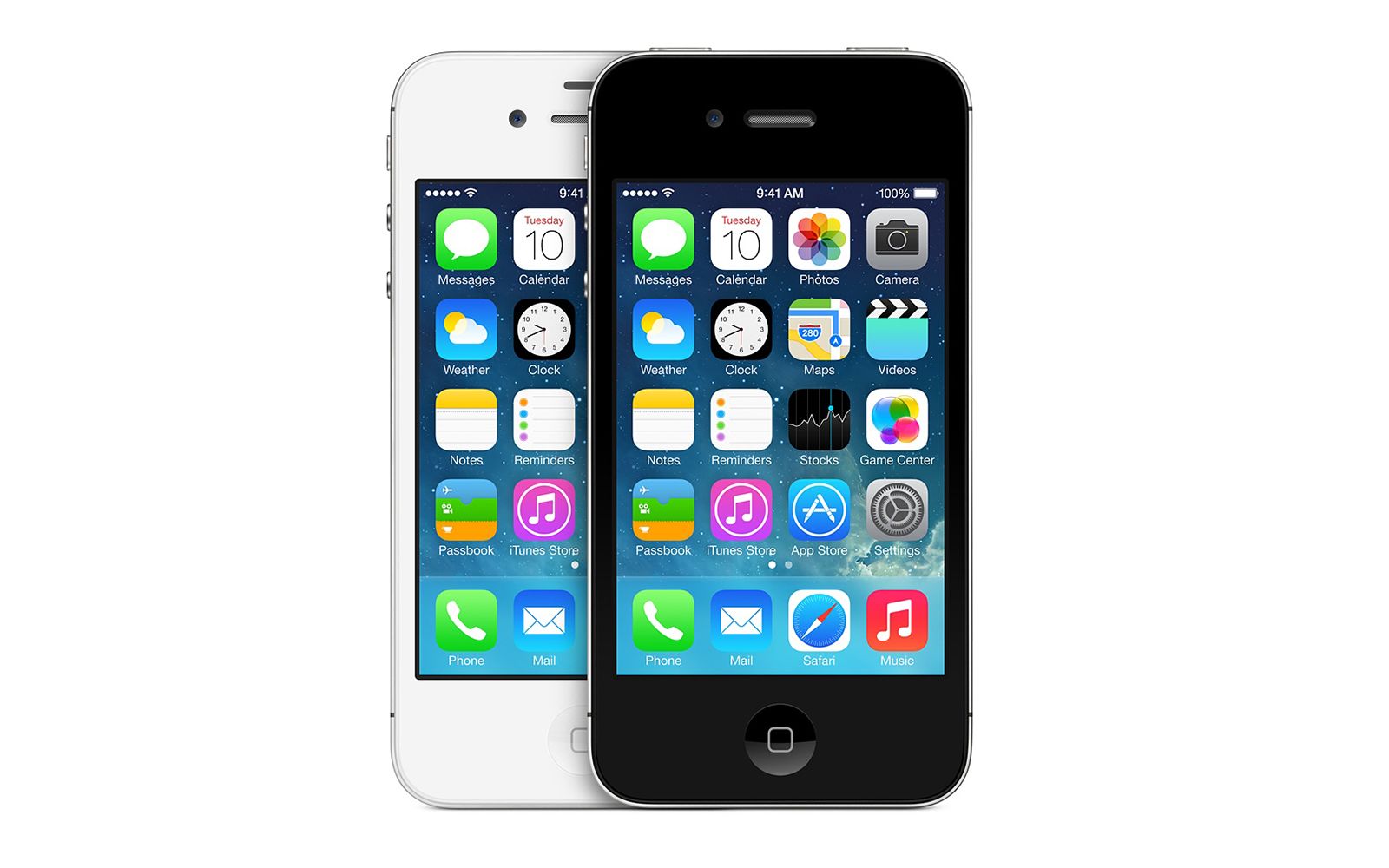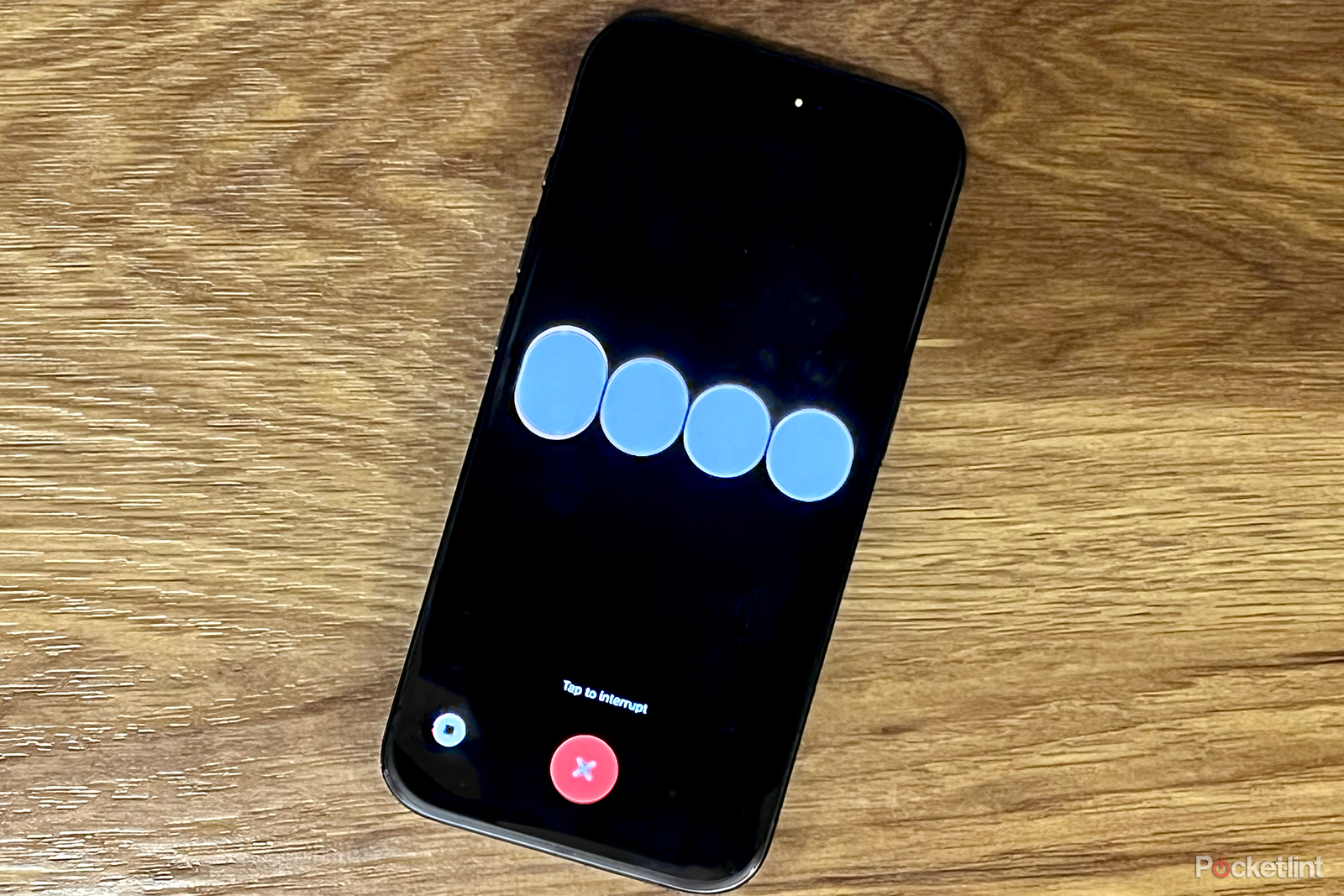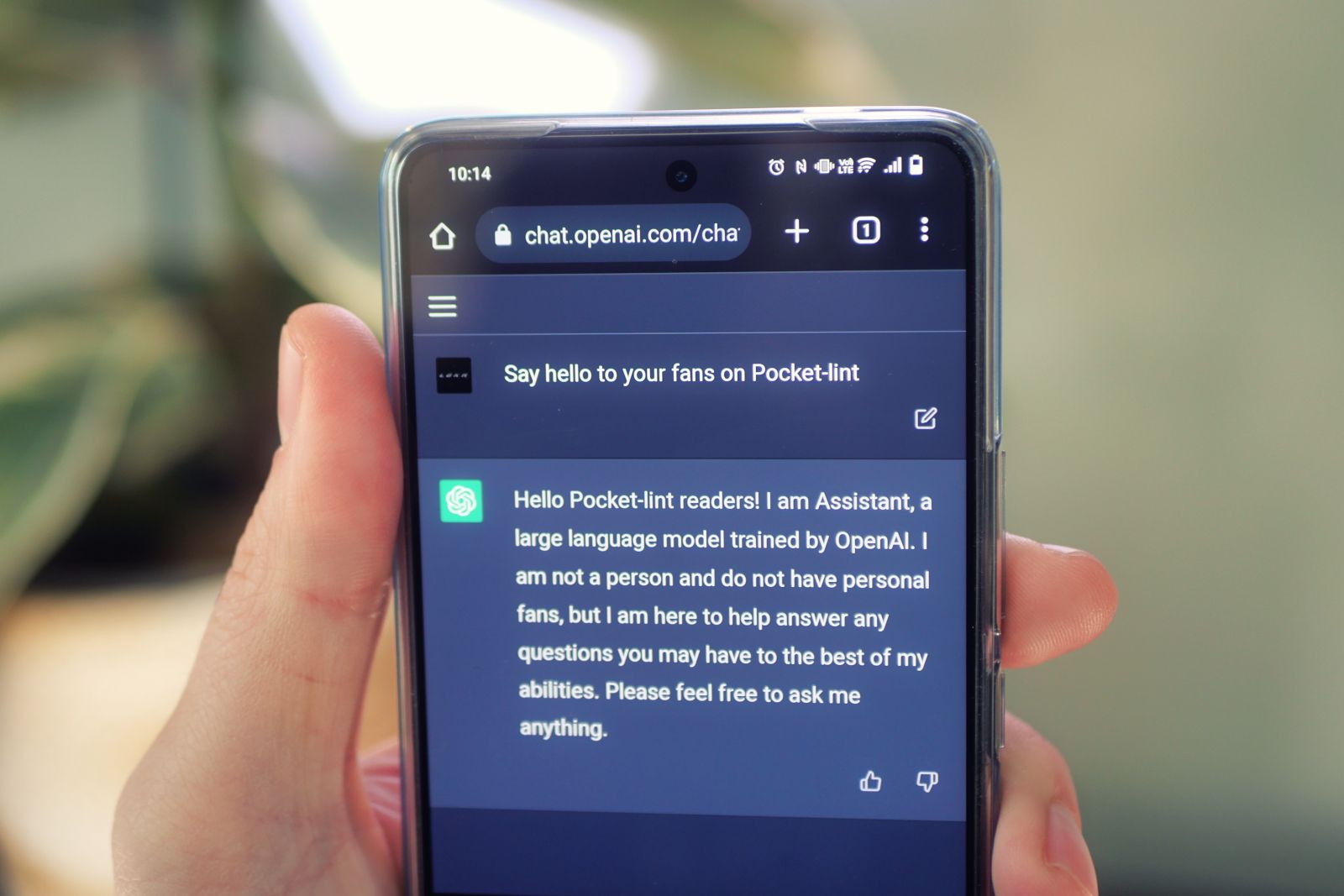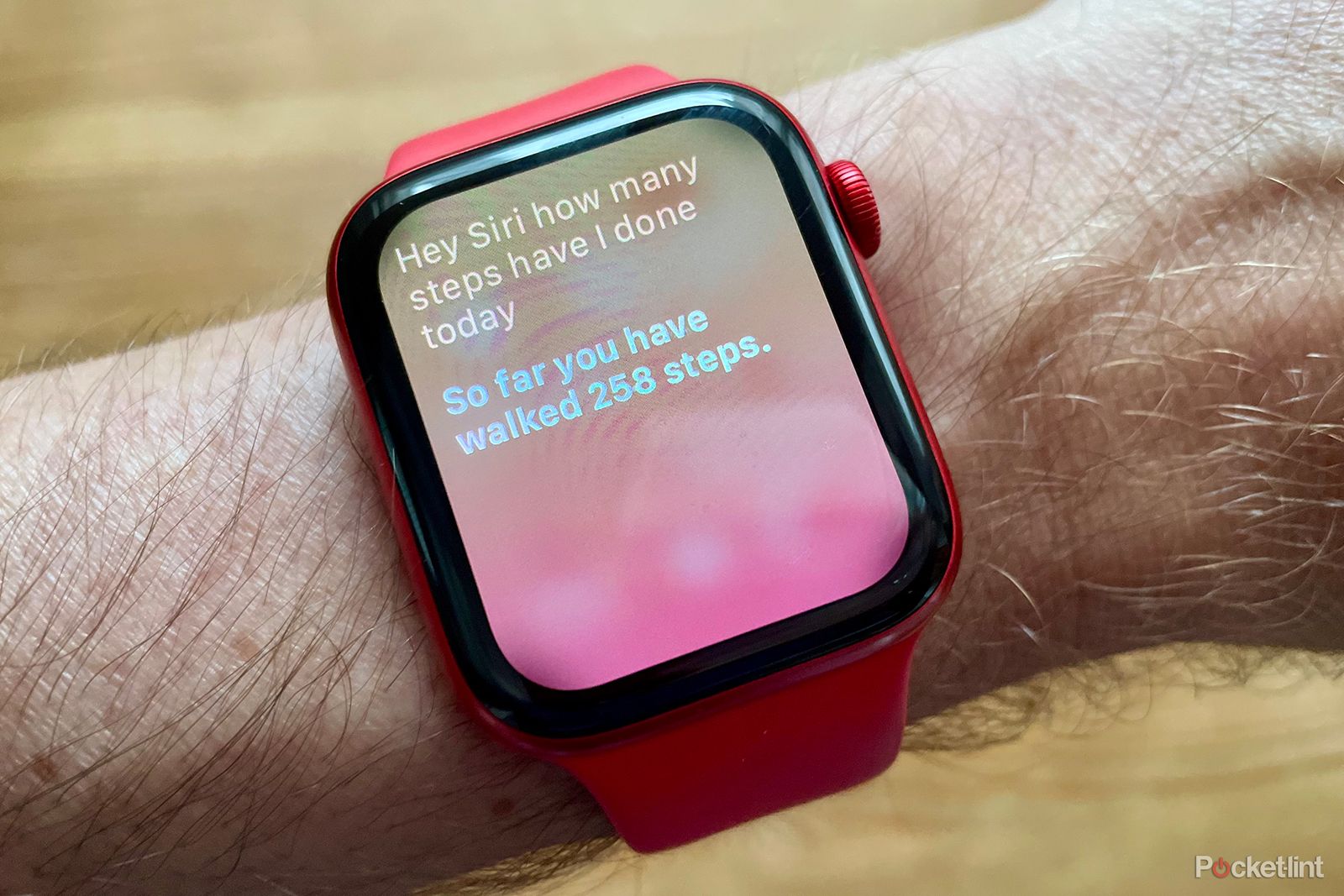Key Takeaways
- Siri has fallen behind competitors like ChatGPT due to poor database structure limiting improvements.
- Apple may introduce AI tools for Siri during WWDC24, aiming to integrate generative AI features.
- A partnership with OpenAI to use its tech to power iOS features is also likely to be announced.
“Hey Siri, when is WWDC24?” Ask Apple’s voice assistant this question, and it will tell you that Apple’s Worldwide Developer’s Conference is running from June 10 to June 14. Follow up by asking “What will it focus on?” and Siri brings up a list of pages from the web about the meaning of the phrase ‘will focus on.’
5:07
67 things to ask (or tell) Siri for a good laugh
Siri may not generate her jokes via AI, but she has plenty of hilarious human-written responses, and these are the best prompts to kick them off.
This, in a nutshell, shows how far behind the pack Siri has fallen. Once seen as the cutting edge of personal assistants, Siri has stood still while other apps have caught up, and then blown past so far into the distance that they’re almost out of sight. AI chatbots such as ChatGPT, Claude, and Gemini, are all able to have long conversations that remember the context of the previous prompts and responses. Siri can’t even manage two questions in a row.
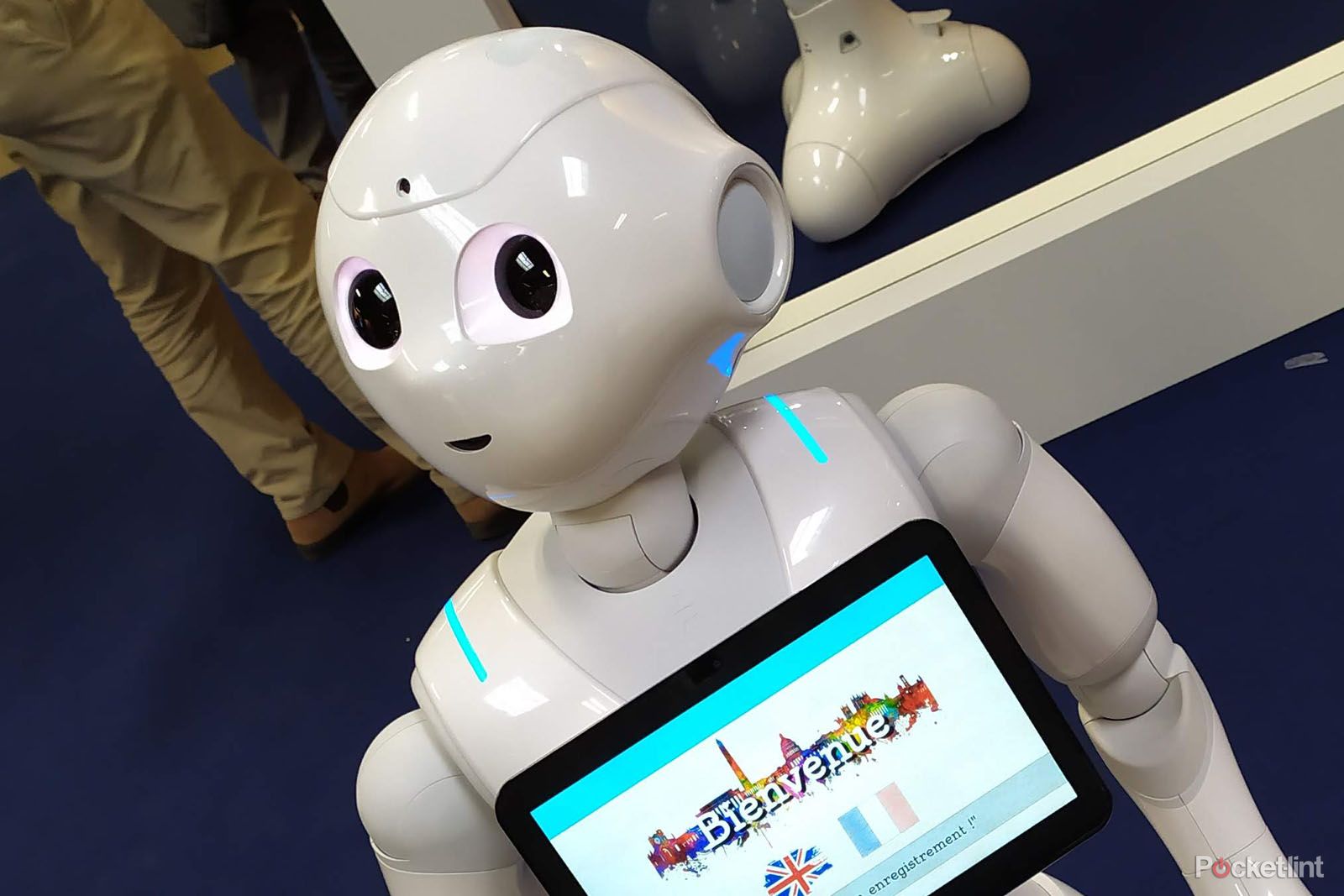
Google Assistant vs Alexa vs Siri: Battle of the personal assistants
A summary of Google Assistant, Alexa and Siri assistants to help you understand what they are, what they do and what devices you can find them on.
It wasn’t meant to be this way. When Apple first debuted Siri, the software was supposed to be the future. It was a whole new way to interact with your devices that would make life easier. Instead, to put it bluntly, Siri was the experiment that has yet to live up to its full potential. The software has barely developed in more than a decade, and Siri is in danger of becoming totally irrelevant. How did this happen, and is this really the end for Siri?
A brief history of Siri
A big bang followed by a long whimper
It seems barely believable that Siri is now a teenager. The first version of Siri was a third-party iOS app that was launched in February 2010 and was originally intended to be launched for Android and Blackberry phones, too. However, as is the Apple way, Steve Jobs saw potential in the app, and didn’t want anyone else getting their hands on it. By April 2010, Apple had acquired the company behind Siri.
A period of development followed, but when the iPhone 4S was released in October 2011, it came with a beta version of Siri on board, and Siri has been a part of every iPhone ever since. The voice assistant has also made it onto most other Apple devices too, including Macs, iPad, Apple Watches, and even AirPods.
When Siri first burst onto the scene, it was a genuinely exciting moment. The sci-fi trope of being able to talk to our devices was finally coming true right before our eyes. And while the first version of Siri was far from perfect, the potential was clearly there.
More than a decade has passed since we first met Siri, and honestly, in that time, very little has changed. Siri has a few new abilities, such as being able to control your smart home devices or run shortcuts, but the basic experience is still very much the same. Even something seemingly simple such as asking Siri how many steps you’ve done so far today has only just found its way onto Apple devices. All that early promise feels like it has been squandered.
Why hasn’t Siri made any ground-breaking developments?
Siri’s database structure make improvements challenging
It seems almost implausible that Siri hasn’t really improved at all in more than a decade, but there seems to be a compelling reason as to why that’s the case. A former Apple engineer who was given the job of working on Siri all the way back in 2014 stated that Siri had a cumbersome design that made even adding simple updates a real challenge.
The database that was underlying Siri was reportedly a huge list of data such as the names of musicians or business locations in dozens of languages. Every time a new word was added to the database, it just became more of a mess, meaning that adding even simple improvements to Siri were tasks that required years to complete. All of which has meant that Siri has stood still, while other chatbots have been taking huge strides forwards.
The chatbot competition
AI chatbots are leaps ahead of what Siri can do
You’d have to have been sleeping under a rock not to have heard about ChatGPT and other similar AI chatbots. It’s no exaggeration to say that generative AI built on LLMs (large language models) has totally transformed what chatbots are capable of. Indeed, such is the acceleration of the abilities of these AI programs that national governments and supranational political unions are hastily introducing regulation of AI systems as they are seen as a potential risk to human safety.
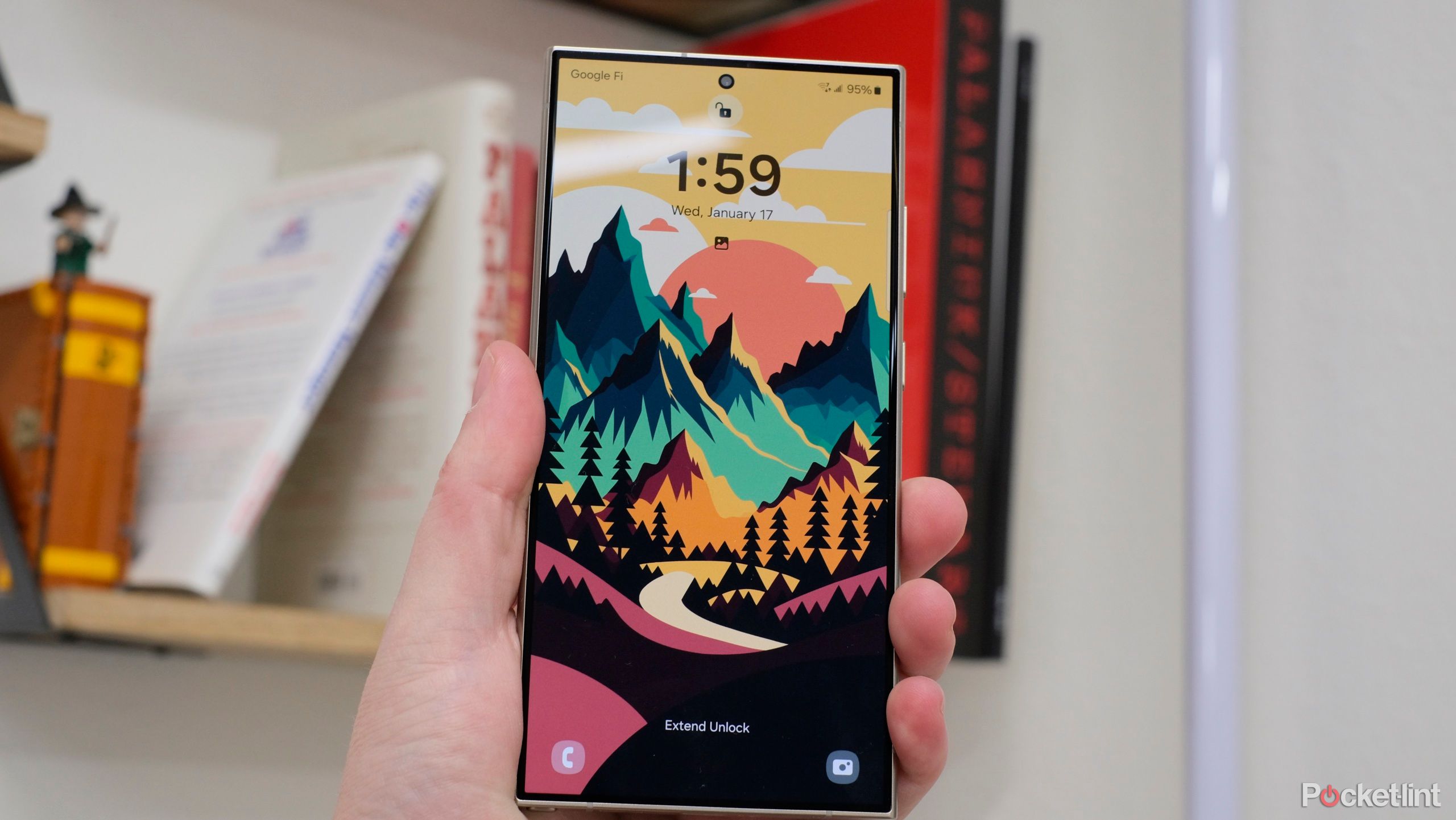
What is Galaxy AI? Samsung’s generative AI features explained
All the attention is on generative AI and the major brands that have yet to jump into the pool. Apple is one of them, but what about Samsung?
While we’re far from reaching the point where Skynet becomes self-aware, the capabilities of AI chatbots put Siri to shame. Bots such as Google’s Gemini and ChatGPT are infinitely more sophisticated than Siri is currently. Even Alexa, another voice assistant that has stagnated horribly since it was first introduced, is soon to be updated to take advantage of the power of AI so that you’ll be able to hold fluid conversations with Alexa. The software will be able to understand the context of your commands much more accurately.

How to use Google’s Gemini AI from the web or your phone
Like ChatGPT, Gemini can be used for a range of purposes, including writing drafts, brainstorming ideas, and generating art.
Most worryingly for Apple, competitors are already adding AI smarts to their phones. The Google Pixel 8 and Google Pixel 8 Pro are being marketed heavily on their AI capabilities, which include the ability to remove unwanted sounds from videos, boost call quality, automatically improve your photos, and even reduce spam. The AI can even read web pages to you and summarize information into key points, leaving Siri in the dust. Users are already opting to replace Siri with alternative voice assistants such as ChatGPT Voice to take advantage of the vastly superior experience.
What Siri can’t do that other AI chatbots can
Sadly, there’s a whole lot Siri can’t do
Chatbots such as ChatGPT and Gemini can hold back and forth conversations that relate back to earlier parts of the conversation, and that feel almost like you’re talking to a real person, which is already more than Siri can do. For example, try asking Siri what date it will be next Tuesday, and then follow up by asking what the weather will be like that day, and Siri will give you today’s weather with no hint of irony, completely ignoring the context of the previous query.
The new AI chatbots can do so much more, however, things that are so far beyond Siri’s reach that it’s almost laughable. For example, you can ask a generative AI chatbot to write you a cover letter or create an original poem. You can get it to explain complex subjects in a digestible format, or to solve complex math problems.
AI chatbots can write code for you or debug code you’ve already written, can write original stories on any topic you wish, and can even create original images based on whatever text you want to throw at them. In comparison, Siri seems like a baby in a room full of superheroes.
What Siri can do that other AI chatbots can’t
Siri does have some strengths that it should play to
That’s not to say that Siri is useless. There are some things that Siri can do that some AI chatbots can’t. One issue with some LLMs is that they can only answer questions relating to the huge amounts of data that they’ve been fed. For example, ChatGPT 3 was trained on data that went as far as September 2021. If you ask it what happened on the 1st October 2021, it can’t tell you.
By comparison, Siri is able to answer queries about current information. You can ask Siri what the score was in your favorite team’s last match, and the software will tell you. You can ask Siri what films are out at the moment, and it will tell you, or you can ask about the current weather. These are all simple requests, but ones that older AI chatbots can’t answer. Most of the newer AI chatbots can now search the web for current information, however, so this isn’t really a huge selling point.
Siri also has the edge when it comes to humor. AI still really sucks at jokes; just try asking an AI chatbot to come up with some original Christmas cracker jokes, and you’ll feel a lot less concerned about AI taking over the world any time soon. In comparison, Siri can provide humorous answers to a large number of queries, even if these have been written by a human.
Is this the end for Siri?
WWDC24 may herald the launch of a better Siri
Siri may be miles behind the competition, but her time may not be up just yet. Apple has reportedly put a serious amount of money into developing its own AI and while the company has a huge amount of catching up to do, it’s almost guaranteed that we will see some kind of AI added to Apple devices in the coming months.
In fact, we should hear more about the improvements to Siri very soon. Bloomberg’s Mark Gurman, who is well-known for his inside knowledge of all things Apple, has stated that Siri will be a central part of the focus of WWDC. It’s expected that Apple will announce new AI tools for native apps such as Messages, Photos, and Safari.
These tools may include the ability to retouch photos, recap notifications, and generate automatic replies to conversations. There are even rumors that generative AI will be used to create custom emojis as you’re messaging so that you can add the perfect one-of-a-kind emoji to your conversation. It’s also rumored that Siri will be able to have more control over the functions of apps, meaning you could interact with apps just by using your voice.
The other big news is likely to center around Apple’s deal with OpenAI to integrate the company’s chatbot features into iOS 18. Apple approached both OpenAI and Google about a partnership, but it seems that OpenAI ended up being the preferred choice, which means that we may soon see ChatGPT-style capabilities built into the iPhone.
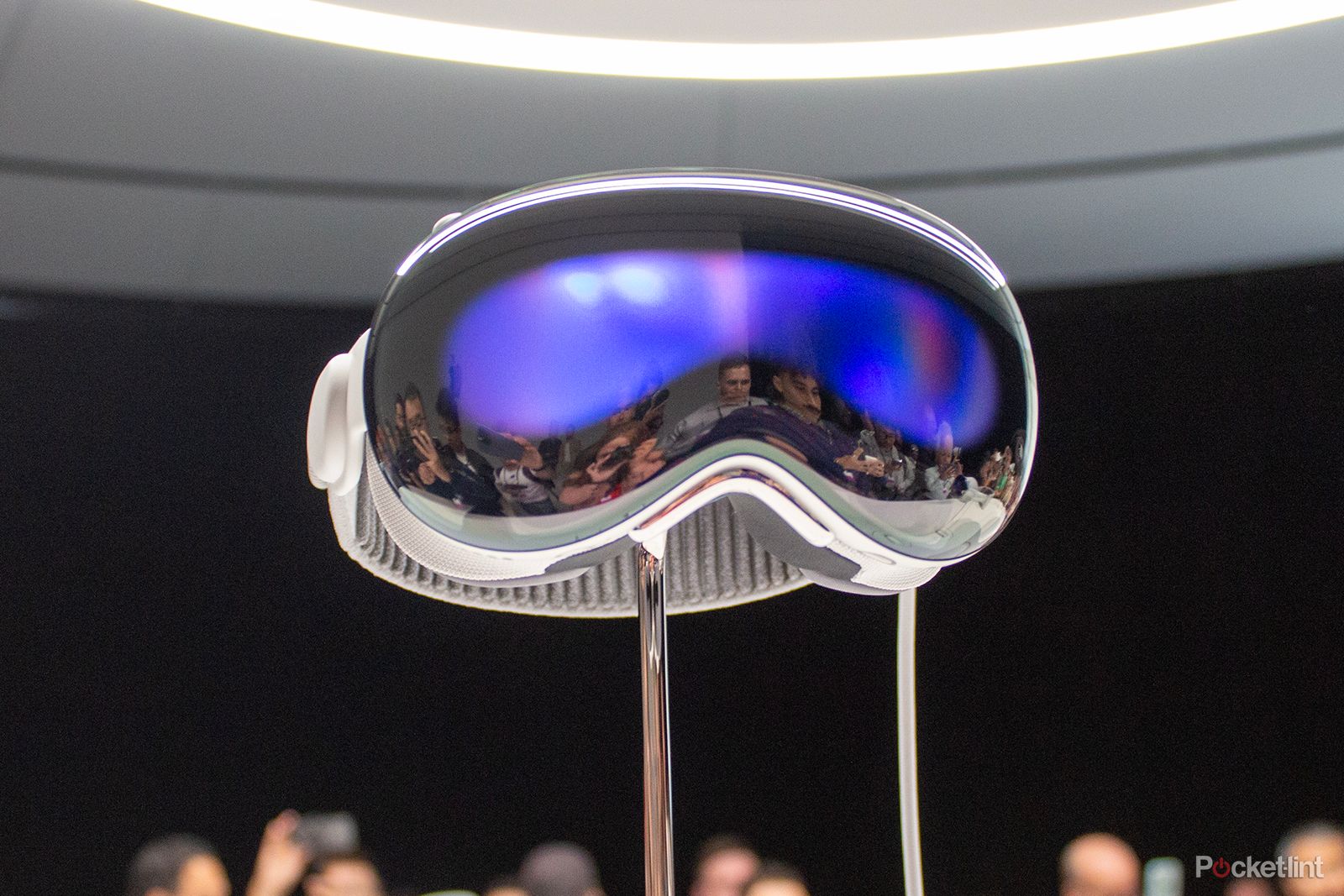
Second-gen Apple Vision Pro leak claims design changes aplenty, but it’s still years away from release
The first Apple Vision Pro isn’t on sale yet but the second-gen leaks are already here.
If these rumors are true, then Siri could be getting a whole lot smarter. A version of Siri that can harness the power of generative AI and can interact directly with apps on your iPhone could finally give us the Siri we were hoping for when it was first released all those years ago.
Trending Products

Cooler Master MasterBox Q300L Micro-ATX Tower with Magnetic Design Dust Filter, Transparent Acrylic Side Panel, Adjustable I/O & Fully Ventilated Airflow, Black (MCB-Q300L-KANN-S00)

ASUS TUF Gaming GT301 ZAKU II Edition ATX mid-Tower Compact case with Tempered Glass Side Panel, Honeycomb Front Panel, 120mm Aura Addressable RGB Fan, Headphone Hanger,360mm Radiator, Gundam Edition

ASUS TUF Gaming GT501 Mid-Tower Computer Case for up to EATX Motherboards with USB 3.0 Front Panel Cases GT501/GRY/WITH Handle

be quiet! Pure Base 500DX ATX Mid Tower PC case | ARGB | 3 Pre-Installed Pure Wings 2 Fans | Tempered Glass Window | Black | BGW37

ASUS ROG Strix Helios GX601 White Edition RGB Mid-Tower Computer Case for ATX/EATX Motherboards with tempered glass, aluminum frame, GPU braces, 420mm radiator support and Aura Sync


